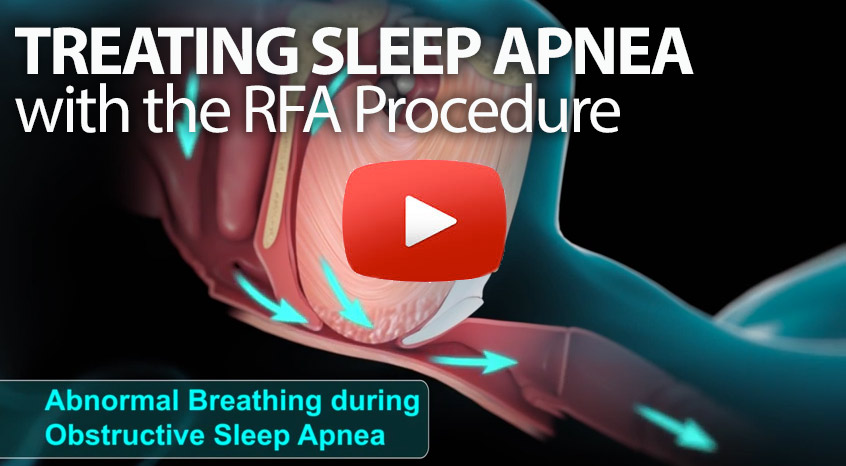Sleep is regulated by strong internal drives, and not getting enough of it can lead to serious health consequences. Scientists have investigated why humans sleep from many different perspectives, but despite several years of research the question remains difficult to answer.

For many, having trouble sleeping has more than one cause, and so may require more than one treatment.
Details about some intriguing theories are below.
- Energy Conservation: This theory suggests that the main function of sleep is to reduce your energy demand and expenditure during the day or night, especially when it is least efficient to search for food.
- Restorative: The premise of this theory is the belief that sleep serves to restore what your body loses while you are awake. It also gives your body a chance to rejuvenate and repair itself.
- Brain Plasticity: The premise is sleep is associated with changes in the organization and structure of your brain.
- Adaptive: This theory suggests that inactivity at night is an adaptation that works as a survival function by keeping people out of danger when they would be most vulnerable.
There are a variety of treatment options for sleeping disorders, including behavioral, lifestyle and drug treatment options. Read more about them below.
- Cognitive Therapy: This method involves using interventions that can help you identify and correct inappropriate beliefs and thoughts that may contribute to insomnia.
- Relaxation Training: There are methods such as deep breathing; self-hypnosis and progressive muscle relaxation that can help you manage sleep disorders.
- Sleep Hygiene: The premise of this treatment is there are habits, practices, and environmental factors that are important to getting an adequate amount of sleep. You can develop good sleep hygiene by maintaining a regular sleep schedule and routine.
- Medications: A doctor can prescribe medications for sleep disorder treatment. Non-benzodiazepine hypnotics are good for treating short-term insomnia.
- Outpatient surgical options like Radio Frequency Ablation (RFA).
If you or someone you know is in need of a better night’s sleep, contact us for a no obligation consultation. We are the sleep specialists at Chevy Chase ENT located in the Virginia, Maryland, and Washington D.C. metro area dealing with sleep apnea and sleep-related problems. We can help diagnose your condition, recommend whether a sleep study would be beneficial, and offer you a variety of treatment options including CPAP, Radio Frequency Ablation (RFA) and more.
